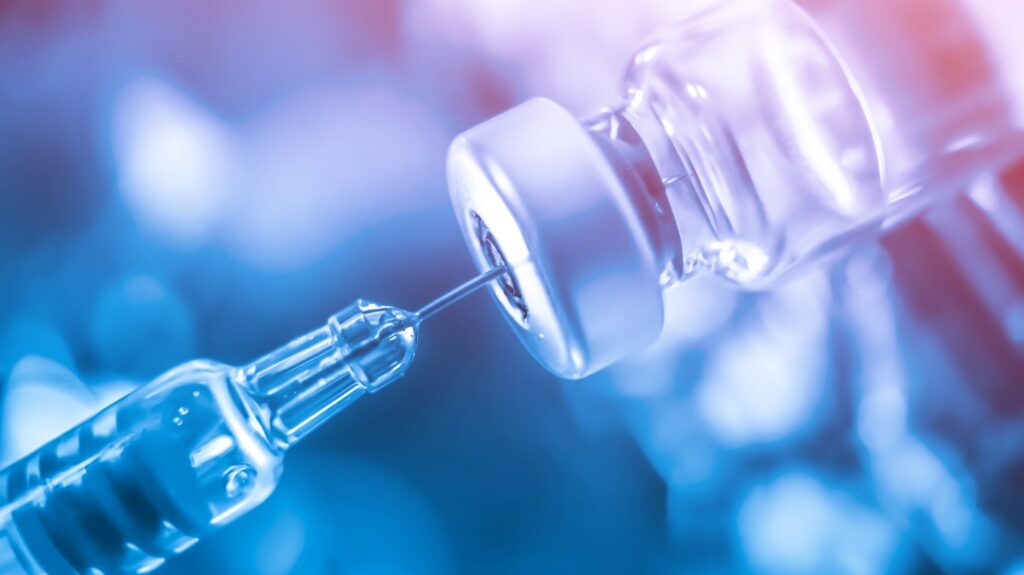Our April 2023 MedTech news roundup covers the latest on the EU MDR & IVDR amendment, guidance news from Switzerland and the US, announcements from the FDA, updates from Asia Pacific, and details on standards and regulations updates from the US and Canada. Read on for more…
MDR & IVDR latest
Swissmedic ensures equivalence with MDR / IVDR amendment
As the medical devices industry in Switzerland awaits the amendments to MedDO and IvDO (planned for autumn this year), Swissmedic is proceeding with enforcement measures according to the EU amendment to the MDR / IVDR regarding the extension of transitional periods. At the end of March, the Federal Council stated that the EU amendments must be implemented in Switzerland to avoid any potential medical device supply shortages.
Until the MedDO and IvDO are updated, Swissmedic will allow the placement of devices on the market in Switzerland which are covered by a valid certificate according to the MDR and IVDR amendments. Furthermore, the issuing of confirmation letters in accordance with the EU position paper MDCG 2022-18 is now unnecessary in Switzerland. For more information, see here.
EU Commission shares Q&A on MDR & IVDR amending regulation
The EU Commission has released a Questions & Answers on practical aspects related to the implementation of Regulation (EU) 2023/607 amending Regulations (EU) 2017/745 and (EU) 2017/746 regarding the transitional provisions for certain medical devices and in vitro diagnostic medical devices.
Questions covered include the scope of the extension of the MDR transitional period, evidence of extended transitional period, conditions to be fulfilled to benefit from the extended MDR transition period, appropriate surveillance to be performed by notified bodies, and deletion of sell-off date.
You can read the full Q&A here.
Guidance news from Switzerland and the US
Swissmedic updates guidance on combined clinical trials

Swissmedic has updated its guidance on the submission of combined clinical trials, and the submission of trials that are already authorised but are newly becoming combined trials. For more information on Swissmedic’s announcements on clinical investigations with medical devices and interventional performance studies with IVDs, see here.
FDA releases final guidance on animal studies
The FDA has published final guidance that outlines its recommendations on animal studies intended to evaluate medical devices for human use when a suitable alternative to an animal study is not available.
The guidance specifically applies to animal studies that assess device safety, which may include performance and handling, in premarket submissions to the FDA. The document provides recommendations for various elements of animal studies, including the credentials for the personnel conducting an animal study, the study planning and conduct process, testing facility selection, animal housing, records and reports, and how to prepare an animal study report for FDA premarket submissions. You can access the final guidance here.
FDA develops its regulatory approach for AI / ML-enabled devices
The FDA has issued draft guidance to further develop a regulatory approach tailored to artificial intelligence / machine learning (AI / ML)-enabled devices, with the aim of increasing patient access to safe and effective AI / ML-enabled devices.

The draft guidance describes how to support the iterative improvement of machine learning-enabled device software functions (ML-DSF) while continuing to assure their safety and effectiveness, as described in FDA’s 2019 AI / ML Discussion Paper and 2021 AI / ML Action Plan.
The draft guidance document also provides recommendations on the information to be included in a Predetermined Change Control Plan (PCCP) that may be provided in a marketing submission for ML-DSF. Find out more here.
FDA shares guidance documents on post COVID-19 transition plan
The FDA has issued two new guidance documents that provide its recommendations and expectations to manufacturers of devices that fall within certain enforcement policies issued during COVID-19, and devices that were issued emergency use authorizations (EUAs) related to COVID-19.
The two guidance documents aim to help the FDA and other stakeholders to transition back to normal operations and processes when the declarations under section 319 of the Public Health Service Act and section 564 of the FD&C Act come to an end.
You can access the final guidance regarding devices that fall within COVID-19 enforcement policies here, and for the final guidance on devices issued with a COVID-19 related EUA see here.
Announcements from the FDA
FDA shares RTA policy for cyber devices
The FDA has communicated its intentions to not issue “refuse to accept” (RTA) decisions for premarket submissions submitted for cyber devices based solely on information required by section 524B of the FD&C Act before 1 October 2023. Instead, it will work collaboratively with the sponsors of such premarket submissions as part of the interactive and / or deficiency review process.
From 1 October 2023, the FDA expects that sponsors of such cyber devices will have had sufficient time to prepare premarket submissions that contain this information and may refuse to accept premarket submissions that fail to include this detail.
Find out more about the RTA policy here, and to access a recent Q&A on cybersecurity in medical devices, see here.
CDRH launch Radiation Sterilization Master File Pilot Program
On 11 April, FDA’s CDRH announced its Radiation Sterilization Master File Pilot Program, which aims to help companies advance alternative and innovative ways to sterilize approved medical devices (including changing radiation sources), through a least burdensome regulatory approach.
Created in response to global supply chain constraints, the voluntary pilot program supports sterilization supply chain resiliency – allowing companies that sterilize single-use PMA-approved medical devices using gamma radiation or ethylene oxide (EtO) to submit master files when making certain changes.

The changes include those made to sterilization sites, sterilization methods, or other processes to incentivize and expedite actions to further assure sterilization safety, such as lowering the gamma radiation dose.
You can find out more about the program here.
FDA proposes revision of PPI guidance
The FDA is seeking early feedback on questions regarding a proposed future revision of the final guidance: Patient Preference Information | Voluntary Submission, Review in Premarket Approval Applications, Humanitarian Device Exemption Applications, and De Novo Requests, and Inclusion in Decision Summaries and Device Labelling.
The proposed future revision aims to help clarify the main considerations for designing and demonstrating a fit-for-purpose PPI study and provides key information for inclusion in premarket submissions that include PPI, as well as generalized examples of PPI studies that may help support regulatory decisions. Read more on this here.
Updates from Asia Pacific
Australia’s TGA updates medical device essential principles for nanomaterials

Australia’s TGA has updated its Essential Principles for medical devices. Essential principle 7 now explicitly requires that particular attention must be given to the chemical and physical properties and biocompatibility of materials used in medical devices in relation to nanomaterials.
Whilst this obligation already existed, additional detail has been included to improve clarity without introducing new or additional obligations. Find out more on this here.
Japan’s MHLW publishes updates on medical device registration and compliance
Japan’s Ministry of Health, Labour, and Welfare (MHLW) has published several updates regarding medical device registration and compliance, including guidelines and a Q&A on remanufactured single-use medical devices, as well as updated guidelines on the applicability of software as a medical device. Find out more here.
Standards & regulations updates
FDA adds consolidated version of IEC 60601-1 Edition 3.2 2020-08 to recognised standards
The FDA has added a consolidated version of IEC 60601-01 Edition 3.2 2020-08 to its Recognised Consensus Standard list, and as such will accept a Declaration of Conformity to this recognised standard when US national differences are applied. The International Standard applies to the basic safety and essential performance of medical electrical equipment and medical electrical systems. Find out more here.
Health Canada proposes MDR amendments regarding public health emergencies
Health Canada is proposing regulatory amendments to the Medical Devices Regulations (MDR) that involve expanding the current provisions under Part 1.1 of the MDR, currently limited to COVID-19 medical devices, to apply to any future public health emergency. The proposed amendments will also result in administrative changes to the Fees Order. Read more on the amendments here.
That concludes our April 2023 MedTech news roundup. Check back in May for more medical device news and updates.
Found this useful? To receive our MedTech updates direct to your inbox, you can subscribe to our monthly Knowledge update.

